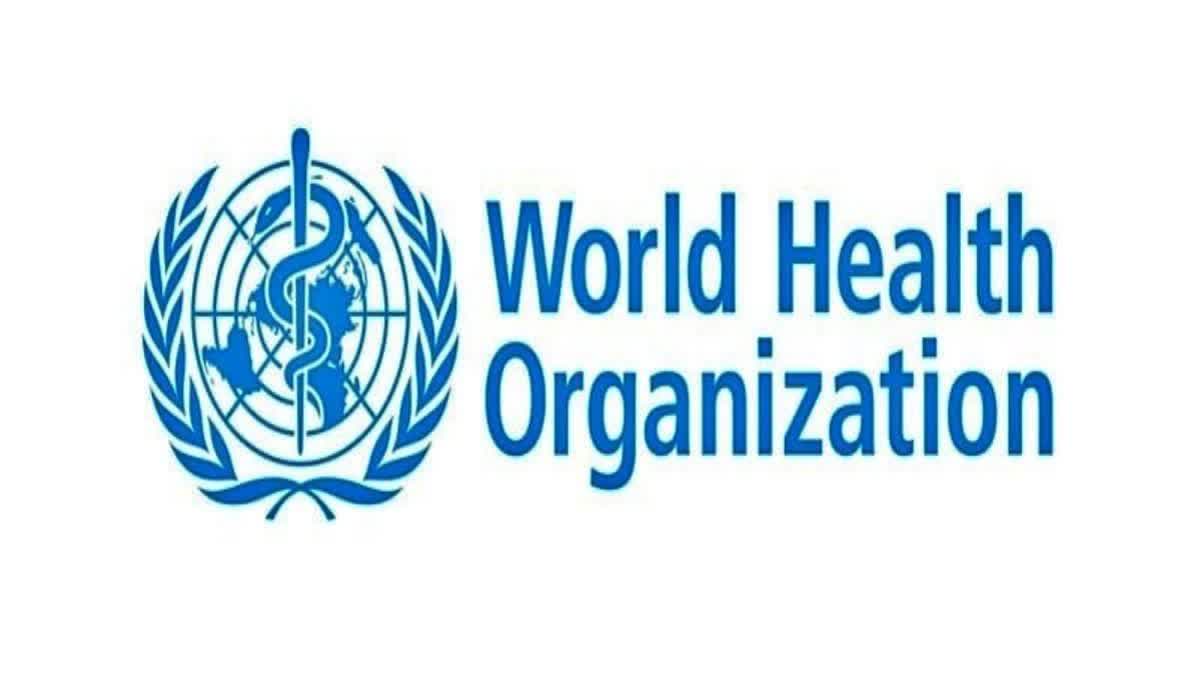New Delhi: The World Health Organisation (WHO) on Wednesday called on countries in WHO South-East Asia Region to accelerate action to protect all children with lifesaving vaccines being offered under the childhood immunisation programme, focusing on those who have missed all or some vaccine doses, and protecting all adolescent girls from cervical cancer.
“We should aim for a ‘big catch-up’ to vaccinate all zero dose and partially vaccinated children, and restore immunisation progress lost during the pandemic; protect all adolescent girls from cervical cancer and accelerate efforts to eliminate Measles and Rubella from WHO South-East Asia by 2026,” said Saima Wazed, Regional Director WHO South-East Asia, in her inaugural address to the 15th Meeting of the WHO South-East Asia Regional Immunization Technical Advisory Group (SEAR-ITAG).
Highlighting expanded immunisation programmes completing 50 years this year, Wazed said, “We can proudly say, in the last 50 years, together, immunisation programmes have helped hundreds of millions of people in our Region live healthier, longer, more productive and prosperous lives.”
She said that today, the South-East Asia Region continues to be free of wild poliovirus transmission and has maintained elimination of maternal and neonatal tetanus as a public health problem. “Five countries have eliminated measles and rubella, and six have controlled hepatitis B through immunisation. Seven countries consistently reach over 90% of children with three doses of diphtheria, pertussis, and tetanus (DTP3) vaccines,” she said.
However, the Region missed the target to eliminate measles and rubella by 2023. The WHO/UNICEF Estimates of National Immunization Coverage data released last month shows slow progress and no meaningful change in childhood immunisation coverage last year compared to 2022, and coverage is yet to be restored to the pre-pandemic 2019 levels.
